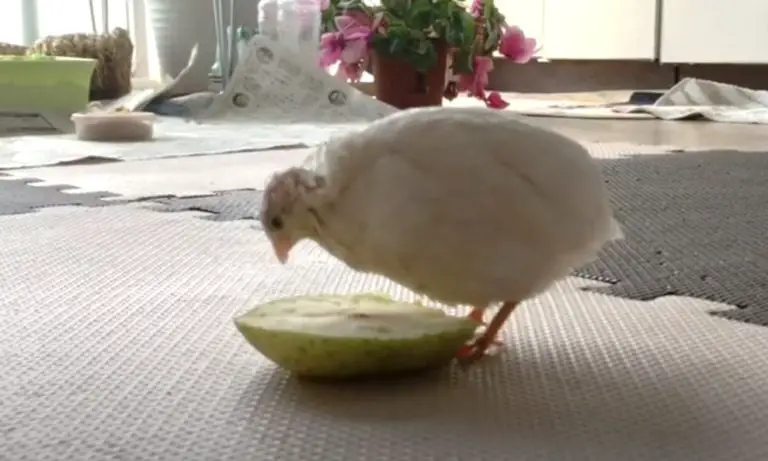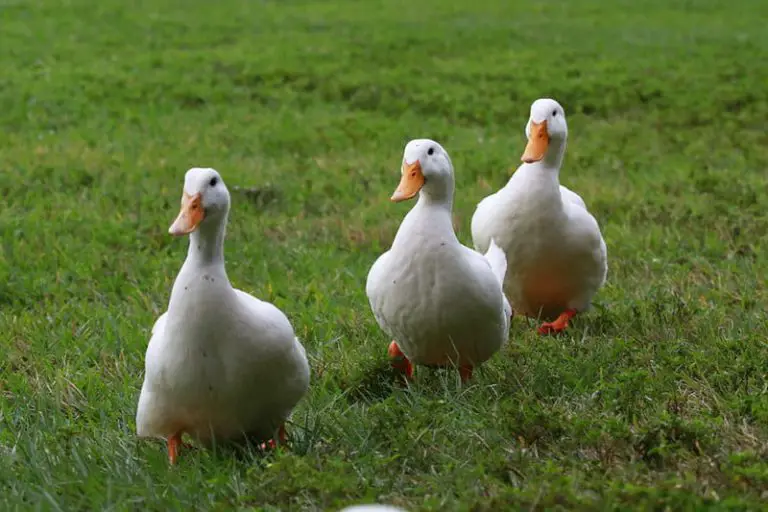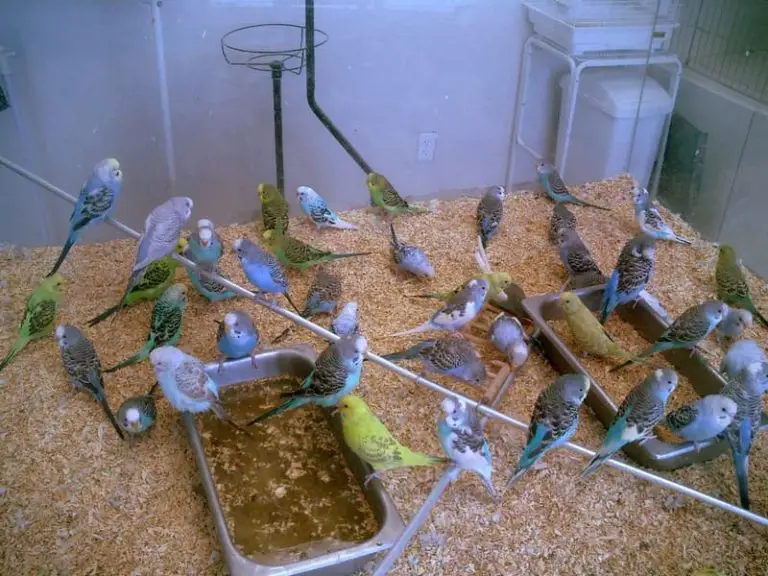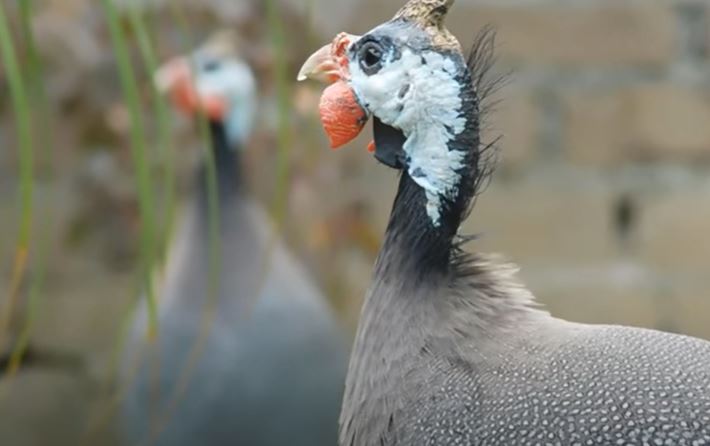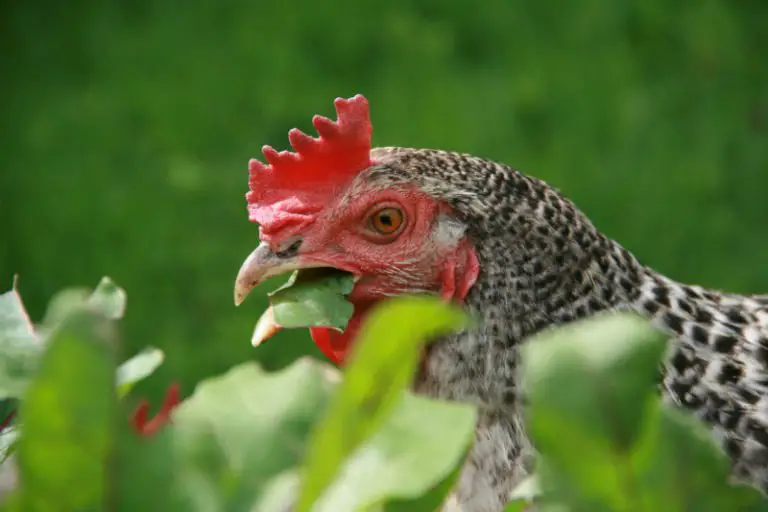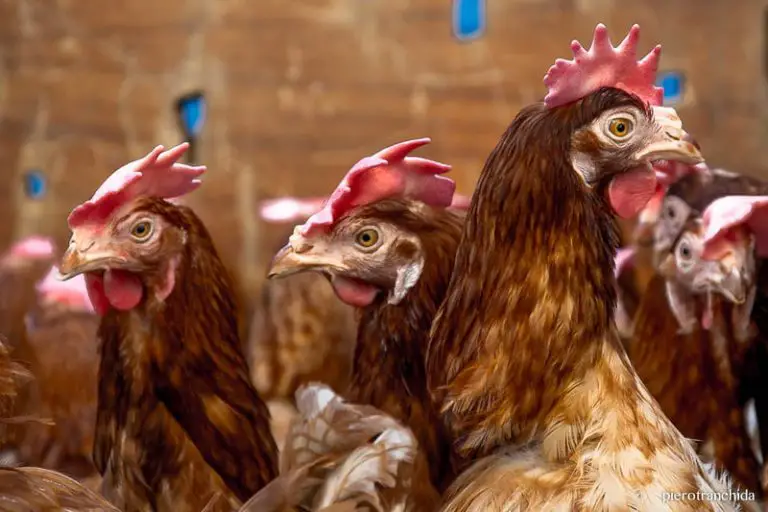Can Birds Be Blinded By Light? (Solved)
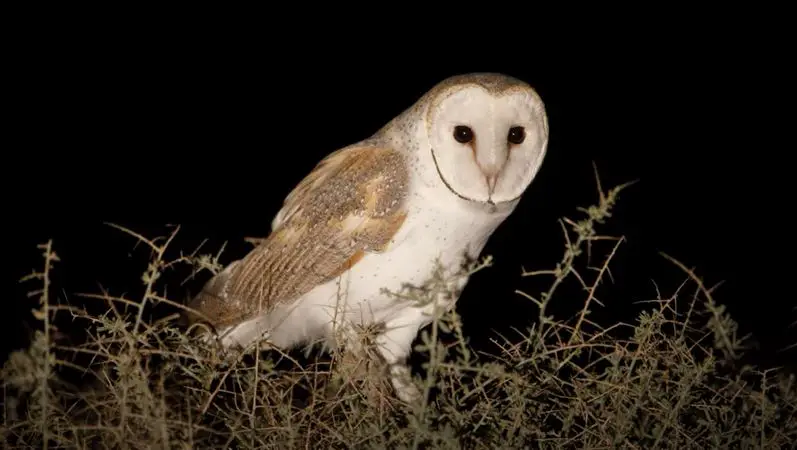
This is a controversial topic, especially when it comes to photographing birds, there are people who are dedicated to photographing birds professionally, some use flash cameras and others prefer not to use flash to avoid hurting or scaring the birds.
Like us humans, birds can lose vision momentarily in the face of very intense light sources, mainly because birds have eyes that are very sensitive to light; in fact, birds have more light receptors in their eyes than mammalian animals.
Birds also have more nerve connections between the brain and the photoreceptors. Photoreceptors are specialized light-sensitive neurons located in the outer retina of vertebrates.
Regarding the flash produced by cameras, the good news is that you can use a proper flash setting to add fill light and photograph birds without scaring or hurting them, if you know how to set your camera’s flash, you can for example take pictures with flash without the need to hurt the birds’ eyes.
If you are in a place with low light, and you point directly into the eyes of a bird with the powerful flash of a camera is very likely to scare it or cause momentary blindness, the eyes of birds, like humans adapt to the amount of light in the environment, for that they have pupils and an iris.
As for artificially produced light such as car lights, streetlights, outdoor lamps, in case of being very bright they can disorient and affect the quality of life of birds, this is another controversial issue, the so-called light pollution and its negative effects on animals, including birds.
Although an intense light source can cause momentary blindness and stun in birds, it has not been demonstrated that this can cause permanent blindness. Permanent blindness in birds is associated with infections and other deficiencies in their health system.
How can a bird be blinded by the light?
Birds have pupils, just like us humans, the pupil is located in the center of the iris, the iris in birds is the part of the eye that controls the amount of light entering the eye, the bird’s pupil will naturally constrict when exposed to bright light, but the amount of light that still enters the eye is concentrated in the tissue of the eye which could cause the bird to be momentarily blinded by very strong flashes of light.
Photo receivers in the eyes of birds transform into images in the brain the nerve impulses that capture through the light, these connections through the nerves and light in birds are so sensitive, that before intense flashes of light could feel even momentary pain in the eyes, it is something very similar to what happens to a human being if he looks directly at the flash of a camera.
Birds also have four color receptors in the eye, unlike most mammals that have only two, which is why birds can detect light levels invisible to other animal species, such as ultraviolet light.
Is flashlight bad for birds?
As I mentioned previously, this has been a somewhat controversial topic, but most comments support the fact of not using flash cameras to take pictures of birds because this can harm them, maybe a couple of pictures with flash does not produce permanent damage, but it is definitely something that causes discomfort to the birds.
It has not been scientifically studied whether camera flashes harm birds’ eyes, but there is evidence that birds have very sensitive eyes, even more, sensitive than humans, and intense light such as that from a camera flash, especially in low light, can cause momentary blindness and discomfort to the nerve connections in the bird’s eyes.
In addition to the fact that light sources with very high luminance (sun, flash, laser, etc.) cause a dazzling effect on the birds, painful sensations may occur, This is common sense, birds are living beings with very sensitive eyes.
You must also take into account the environmental factors when using the camera with flash to photograph, in ambient light or daylight, the camera flash will hardly be noticed and will not disturb the bird’s eye, it also depends on the distance at which the photograph is taken.
If the direction of the flash and the direction of the bird’s vision are on a common axis, then retinal damage could occur, similar to humans, for example.
Professional photographers know how to take flash pictures of animals, including birds because they know how to balance the flash according to the surrounding light so that it does not hurt or frighten the animal.
Can a flash hurt a budgie’s eyes?
Budgies are beautiful, and there is no temptation to take pictures of them, but these birds also have very sensitive eyes to light, if you take a picture with flash and the conditions are not suitable.
The feeling of intense light in the eyes of the budgies will make it shake and panic and possibly make it lose vision momentarily, this has happened with some people who have taken pictures with flash very close to their budgies and these have reacted frightened.
Will a flashlight blind an owl?
Owls are nocturnal animals and therefore their eyes are adapted to darkness, the flash of a flash photograph will cause the owl to be momentarily blinded by receiving a large amount of light in its eyes without being able to adapt its pupil so quickly.
Are lights bad for birds?
There is a theory that light pollution affects the sense of orientation of migratory birds, which migrate at night. Although there is no definitive proof of this, it is very likely that this artificial light affects the birds’ perception of magnetic fields and, therefore, their ability to orient themselves at night.
The presence of artificial light also prevents birds from resting properly, migratory birds are subject to a seasonal rhythm, but also to a daily rhythm.
During migration, they alternate night flights with rest of several days to eat and rest. Their daily rhythm is largely controlled by a hormone, melatonin, which is only released in the dark by the so-called pineal organ (pineal gland).
This pineal organ is sensitive to light and suppresses the release of melatonin when exposed to light at night.
If birds are kept in artificial light at night, they lose their daily rhythm and their sleep is affected. Migratory birds influenced by artificial light at night during their roosting may be impaired in their ability to recover for the subsequent flight.
Because artificial light at night and the resulting lack of melatonin not only impair the birds’ sleep but also prevents them from resting properly.

